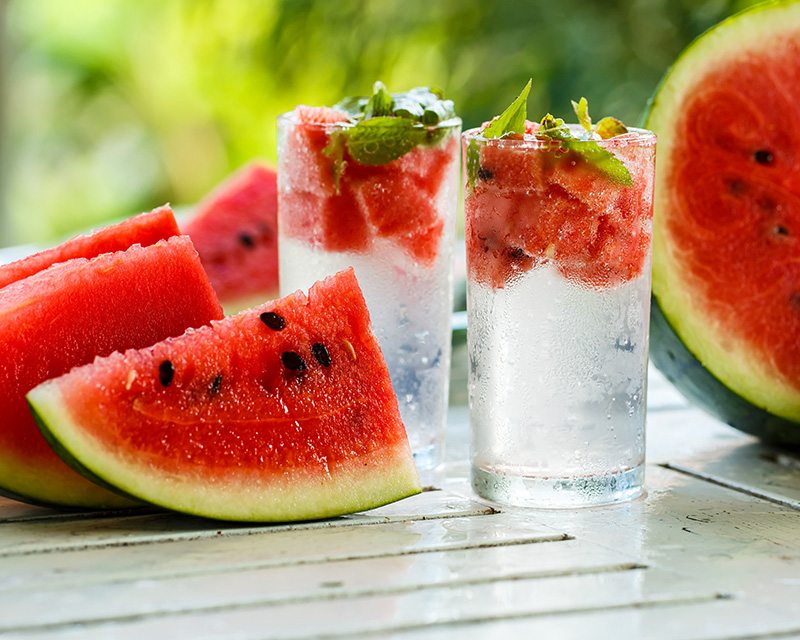We’re about to enter the hottest months of the year, so staying hydrated is critical. Dehydration can harm your kidneys and it’s vital to know the warning symptoms. It’s important to do all you can to slow down the damage to your kidneys and keep your kidneys healthy. The goal at each stage of CKD is to take steps to slow down the damage to your kidneys and keep your kidneys working as long as possible and staying hydrated is one way to do this.
According to Healthgrades, on average, men need to drink about 3 liters—more than three-quarters of a gallon—of fluids every day to stay fully hydrated. Women need about 2.2 liters—more than half a gallon—of fluids a day. (The water in foods also counts toward that total fluid intake.) Water serves many purposes in the body, and without enough fluids, your body can’t function correctly.
Among the many things water does in the body:
- Regulates body temperature through sweating
- Provides fluid to blood and lymphatic vessels
- Removes waste
- Transports nutrients to every cell through the bloodstream
- Cushions the brain and spinal cord and lubricates joints
- Creates saliva
Dehydration can cause waste to build up in the body because there isn’t enough water to deliver the waste to the kidneys. This also can cause muscle proteins to clog the kidneys, which can lead to kidney stones and urinary tract infections. Frequent or chronic dehydration symptoms can lead to permanent kidney damage. In adults, good prevention methods include making sure other health conditions, such as diabetes, are under control and eating foods with high water content, like fruits and veggies. And everyone should be drinking plenty of fluids when out in hot weather and when exercising.
Source: Healthgrades.com











